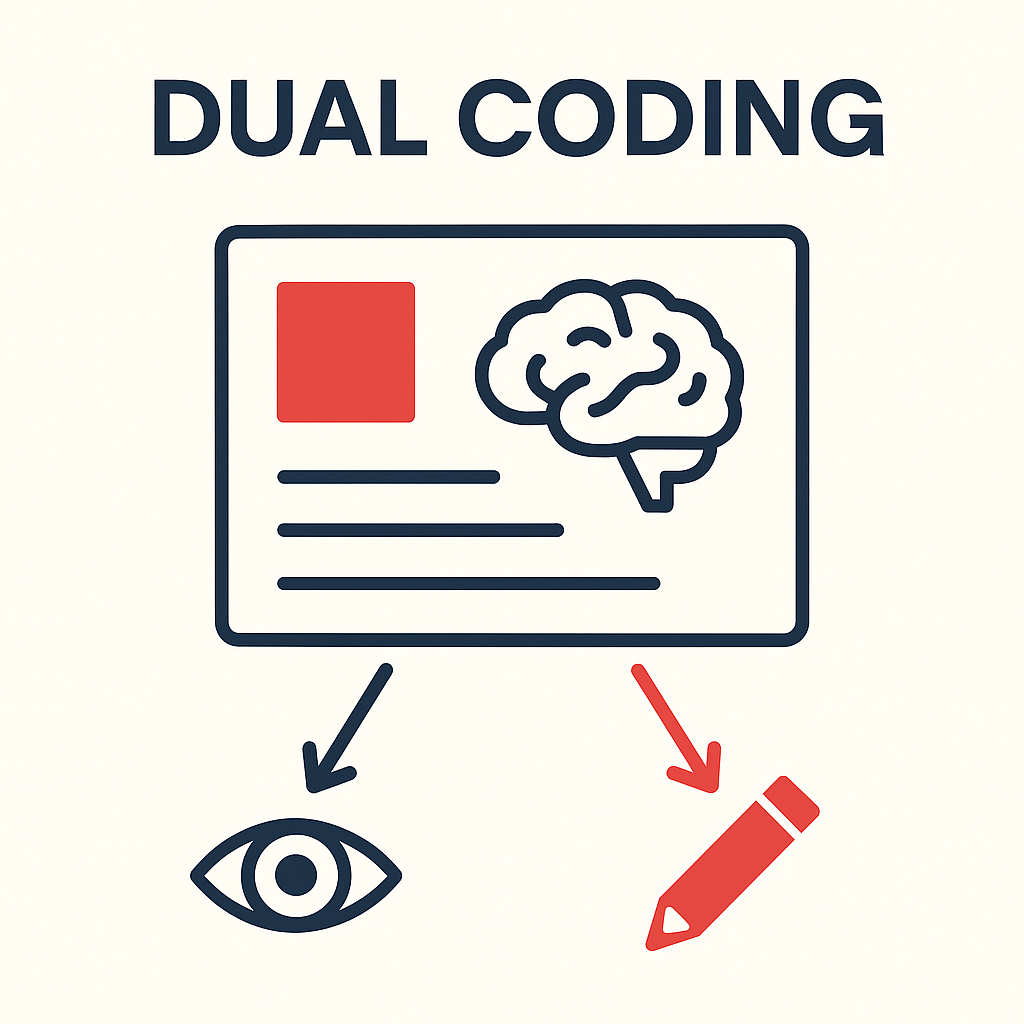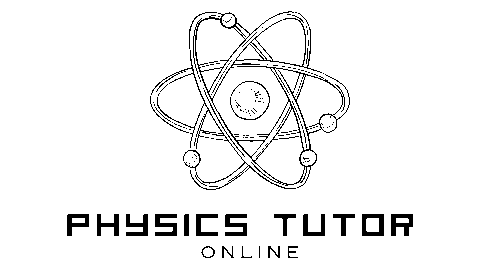Ditch the Highlighter: 3 Smarter Ways to Revise Physics.

Let’s talk about highlighters. I see them used like war paint, pages drenched in fluorescent yellow. But here’s the problem: highlighting doesn’t help much. It feels satisfying, but doesn’t do the job.
If you want to remember what you’re studying, these three strategies, grounded in cognitive science, will get you much further.
1. Dual Coding
This means combining visuals and words. Don’t just read about circuit diagrams, draw them. Don’t just copy a definition, sketch a labelled diagram or flowchart to go with it. It helps your brain create two pathways to recall the information.
How to use it:
- After each revision session, turn the info into a diagram
- Use colour sparingly to highlight structure (not everything)
- Post these diagrams near your desk for visual reminders
2. Self-Explanation
This is powerful. As you revise, stop and say:
- “Why does this formula work?”
- “How would I explain this to someone in Year 9?”
When you can teach something, you know it. When you can’t, you’ve found a gap.
Tips:
- Use a whiteboard and explain aloud to yourself
- Record yourself explaining a topic and play it back
- Teach a parent or a friend, if they get it, you’re on the right track
3. Blurting
Pick a topic. Write everything you know about it from memory. Then check against your notes. It’s messy, frustrating, and it works. It’s one of the fastest ways to spot what’s stuck and what hasn’t.
Make it a habit:
- Start every revision session with a 5-minute blurt
- Use a different coloured pen to add missing information afterwards
- Revisit your weakest blurts every few days
Link it to Metacognition
These strategies all build metacognitive awareness, knowing what you know and recognising what you don’t. That’s a powerful skill for long-term learning.
Final thought:
If your revision involves passive reading and highlight-happy pages, you’re wasting your time. Switch to techniques that force your brain to work. It’ll be tougher, but that’s exactly why it works.
Have a look at the past papers or the notes for your exam board.
And don’t forget to check your specification. Edexcel, AQA, or Cambridge
